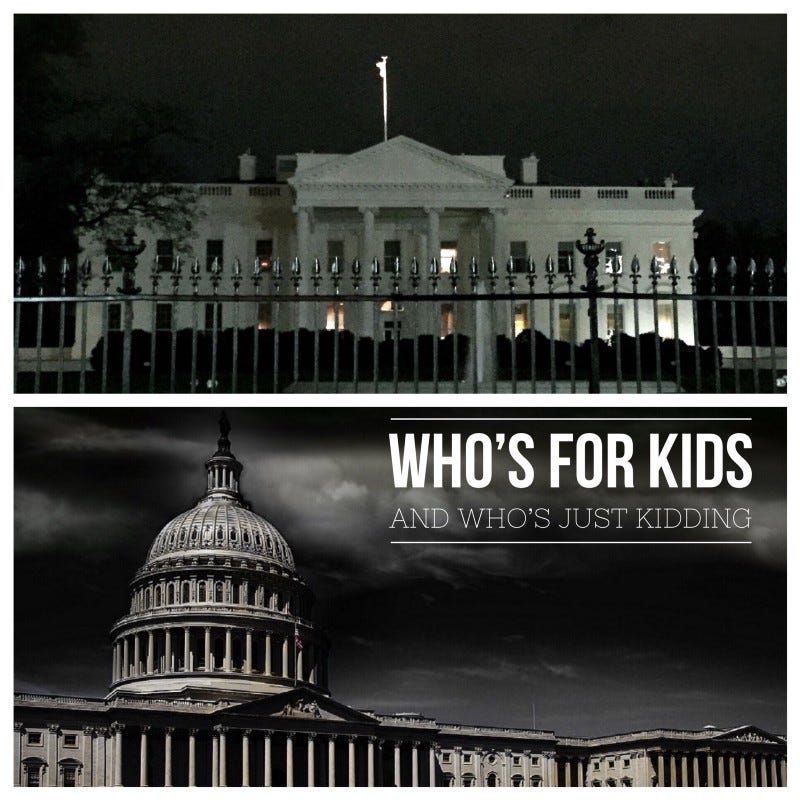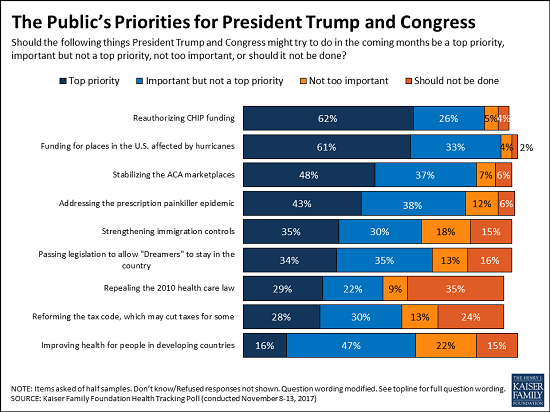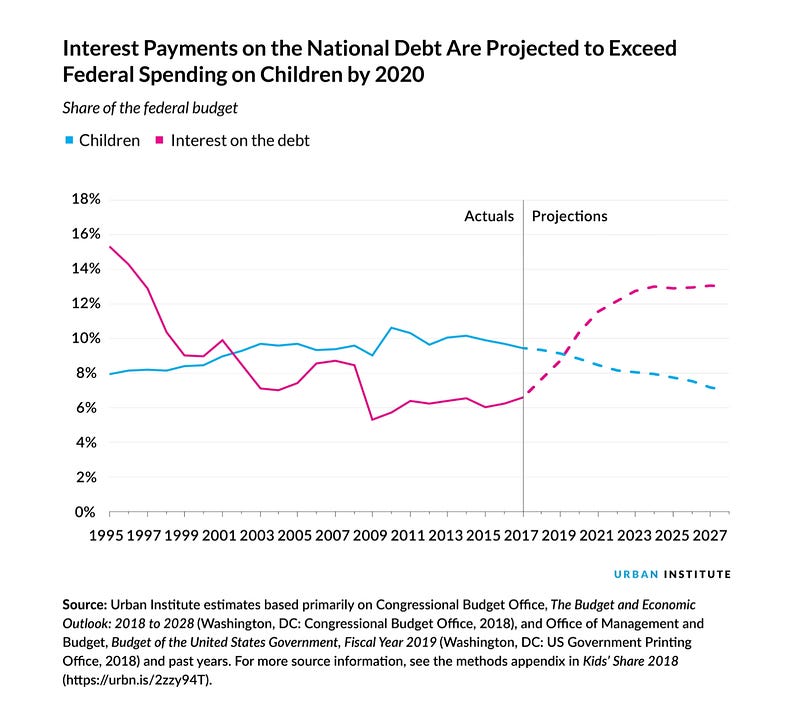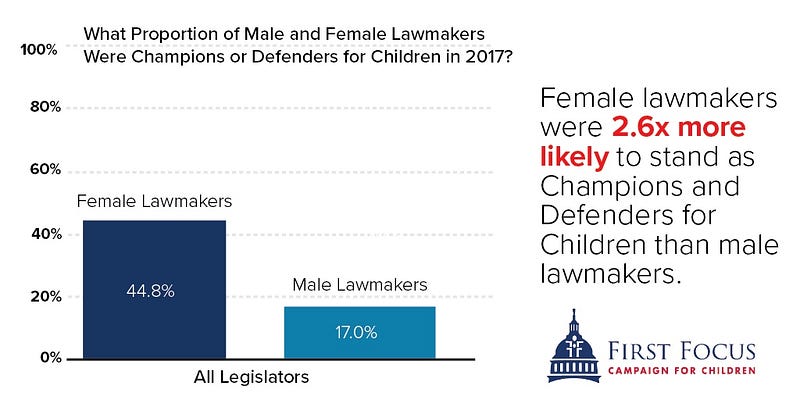Through what has been a terribly difficult year in Washington, D.C., there are some shining lights in Congress that we should acknowledge, which is why First Focus Campaign for Children (FFCC) created its Champions for Children Scorecard and Bill Tracker.
Those two tools help us identify, highlight, and thank those policymakers in Congress who are doing right by our children. The policymakers highlighted as Champions and Defenders for Children make children a priority through their congressional votes and introduction and cosponsoring of legislation to improve and protect the lives and well-being of children.

It is our hope that anyone concerned with the well-being of children and our nation’s future, including parents, child advocates, pediatricians, teachers, child care workers, and the press, will utilize these tools to become more aware about the issues that confront children at the federal level.
Many members of Congress love to hold photo opportunities with children as if to proclaim “we care,” while voting against their needs. With greater attention and transparency on key issues for kids in Congress, we hope that children will become more of a priority and less of an afterthought or a target over time.
In short, we hope the Scorecard and Bill Tracker help address the important question of “Who’s for Kids and Who’s Just Kidding?”

Unfortunately, child advocates spent much of 2017 playing defense to an array of legislative and regulatory attacks on the well-being of our nation’s children. The list of threats to children was so long and negative on many different topics that I wrote a blog entitled “The Undeclared War on Children” and pointed out “the year 2017 may go down as the worst year in decades for children in Congress.”
Sadly, children are far too often ignored, used as a bargaining chip, or serve as an unfortunate “easy target” to cut by some politicians in both the executive and legislative braches of our government.

Fortunately, the American people consistently show strong support for children’s issues. As an example, while Congress was allowing the Children’s Health Insurance Program (CHIP) to expire last September after spending months trying to “repeal and replace” the Affordable Care Act (ACA) and subsequently working to pass a tax bill, the American people wanted Congress and the President to make CHIP its top priority.
In a Kaiser Family Foundation poll in November 2017, American voters were asked what they thought should be a top priority for Congress and the President — 62 percent supported “reauthorizing CHIP funding.” In sharp comparison, only 29 percent cited repealing the ACA and only 28 percent were in favor of “reforming the tax code” as a top priority, even though Congress spent most of the year on those two agendas.

The political problem for kids is that they don’t vote and, unlike corporations and special interest groups, they don’t have lobbying organizations or Political Action Committees (PACs) to funnel money to politicians in order to bring attention to their needs. That is why children need adults that care about them and their future to make them a priority, to vote in their best interest, and to hold policymakers accountable when they are failing or neglecting children.
Child advocates should also thank policymakers who are doing right by our children and that is one of the primary purposes for FFCC’s Champions for Children Scorecard and Bill Tracker, as they should be recognized when they do right by our kids.
Congressional scorecards typically include tracking the key votes of the House and Senate and our Champions for Children scorecard does the same. Thus, in 2017, our scorecard includes more than a dozen key votes, including two Senate votes on the Child Tax Credit, two House votes on CHIP, and four votes between the two chambers on the ACA.
Unlike most other scorecards, FFCC also attempts to identify Champions and Defenders for Children that consistently put their name out there for children beyond just votes. Therefore, our scorecard also assigns points to House and Senate members based on the introduction of 36 bills in the Senate and 54 in the House of Representatives (90 total) on a wide array of issues.
Although Congress is becoming increasingly partisan, it is important to highlight that a majority of the bills that we formally have endorsed for children are bipartisan pieces of legislation. While more and more things break down on a partisan basis, we still find some bipartisan support for children issues in Congress.
Unfortunately, there are still not enough Champions and Defenders for Children and cross-party efforts to get policies of importance to children across the finish line. For example, both Democrats and Republicans voted in favor of moving an extension of the Children’s Health Insurance Program (CHIP) toward final passage, but could not agree on offsets. It could also be argued that CHIP’s popularity worked against it because some attempted to “hold CHIP hostage” and use it as a bargaining chip in negotiations over other issues. Consequently, CHIP’s reauthorization and funding technical expired at the end of September 2017 and was not extended until February 2018 — more than four months later, and therefore, leaving families across this country wondering what would happen to the health care coverage of their children.

Another example was the Child Tax Credit (CTC). Two separate amendments to improve the Child Tax Credit were offered by Republican Sens. Marco Rubio (R-FL) and Mike Lee (R-UT) and Democratic Sens. Sherrod Brown (D-OH), and Michael Bennet (D-OH) and supported by FFCC.
Sadly, despite the fact that 68 members of the Senate voted to improve the CTC on the Senate floor, both amendments failed. Partisan voting and lack of support from Senate political leadership precluded the passage of either amendment.
As Washington Post columnist Michael Gerson writes:
In their tax bill, Senate Republicans gave a break to private jet owners but refused to increase the corporate rate by 0.94 percentage points to cover the cost of helping an estimated 12 million working-class families. . . It was foolish of Senate Republican leaders not to see the obvious political benefit of this change to a bill that is currently unpopular. It was offensive that most Senate Democrats voted against the amendment, on the crassly partisan theory that nothing they oppose should be improved.
In the National Review, Joshua T. McCabe adds:
The Senate could have put families first. Instead it put politics first.
Consequently, large families, low-income families, the children of immigrants, and families with children in college are among those left behind by the tax bill signed into law by President Trump. Moreover, the tax package increased the federal deficit by an estimated $1.9 trillion — a debt that will undoubtedly be passed on to children despite the fact we are failing to adequately invest in them. In fact, the Urban Institute estimates that federal spending on interest payments on the debt will exceed all federal spending on children by 2020.

Again, 2017 was not a good year for children in Congress and at the White House.
The Good News: Champions and Defenders for Children in Congress
Fortunately, there are some outstanding public servants in Congress who are fighting tirelessly to make children a priority in all or some aspects of their work. For 2017, we have identified 120 Champions and Defenders for children — some of whom are out there publicly on a daily basis making the case for children and others who do so more quietly but are still working hard to improve the lives and well-being of children.
Some of the Champions and Defenders for Children are named because of their stellar voting record for kids (including voting to put what is best for children ahead of what their party leadership is doing), some because of their work on bill to introduce and cosponsor key pieces of legislation for children, and some for always being a voice for children through Legislative Caucuses, hearings, and briefings.
Some interesting facts about these 120 policymakers include:
· The top point producers in the Senate and House were Sens. Bob Casey (D-OH) and Sherrod Brown (D-OH) and Reps. Danny Davis (D-IL) and Lucile Roybal-Allard (D-CA). Between just these four members, they are the lead sponsors of 16 of the 90 (or nearly 18 percent) key bills that we are tracking.
· Women in the House and Senate are 2.6 times more likely to be named a Champion or Defender for Children than their male colleagues.
· The 35 lowest ranked senators and 78 of the 81 (96 percent) lowest ranked House members are men.
· Members of the Congressional Black Caucus, Congressional Hispanic Caucus, and Congressional Asian and Pacific Americans Caucus are about twice as likely to be a Champion or Defender of children than the average House or Senate member.

Members that consistently voted in favor of children — including tough votes against their party leadership at times — deserve special recognition. On the three key Senate votes related to protecting children in the debate over health care reform, there were five senators that voted with kids on all three of the key amendments: Senate Champions Susan Collins (R-ME), Martin Heinrich (D-NM), Lisa Murkowski (R-AK), and Catherine Cortez Masto (D-NV), and Defender John McCain (R-AZ).
Senators who voted in favor of children on 7 of the key 2017 Senate votes include: Senate Champions Heidi Heitkamp (D-ND), Bill Nelson (D-FL), and Debbie Stabenow (D-MI) and Senate Defenders Joe Donnelly (D-IN), Angus King (I-ME), Gary Peters (D-MI), Amy Klobuchar (D-MN), Claire McCaskill (D-MO), and and Joe Manchin (D-WV).
In the House, there were 10 representatives with perfect voting records on all key House votes: Champions Salud Carbajal (D-CA), Luis Correa (D-CA), David Loebsack (D-IA), Stephanie Murphy (D-FL), and Jacky Rosen (D-NV) and Defenders Ami Bera (D-CA), James Costa (D-CA), Ron Kind (D-WI), Dan Lipinski (D-IL), and Brad Schneider (D-IL).
This is the seventh release of our Champions Scorecard, but it is the first time that we have also ranked the state delegations on their support for children. Our report’s Top 10 states are:
1. Rhode Island
2. Connecticut
3. New Mexico
4. Massachusetts
5. Oregon
6. California
7. Minnesota
8. New York
9. New Jersey
10. Hawaii
The delegations from Wyoming, Kentucky, Oklahoma, North Carolina, Idaho, Tennessee, South Dakota, Kansas, Georgia, and Arkansas represent the 10 lowest ranked states. We have some important work to do in those states to get their policymakers to make children a higher priority and not a target.
Since children don’t have PACs or lobbyists representing their interests, we would urge parents, anyone that works closely with children, and child advocates to contact the policymakers recognized in this report and thank them for their support of our nation’s children. In a very bad year for our nation’s children, these members were at the forefront of championing and defending our nation’s them.
